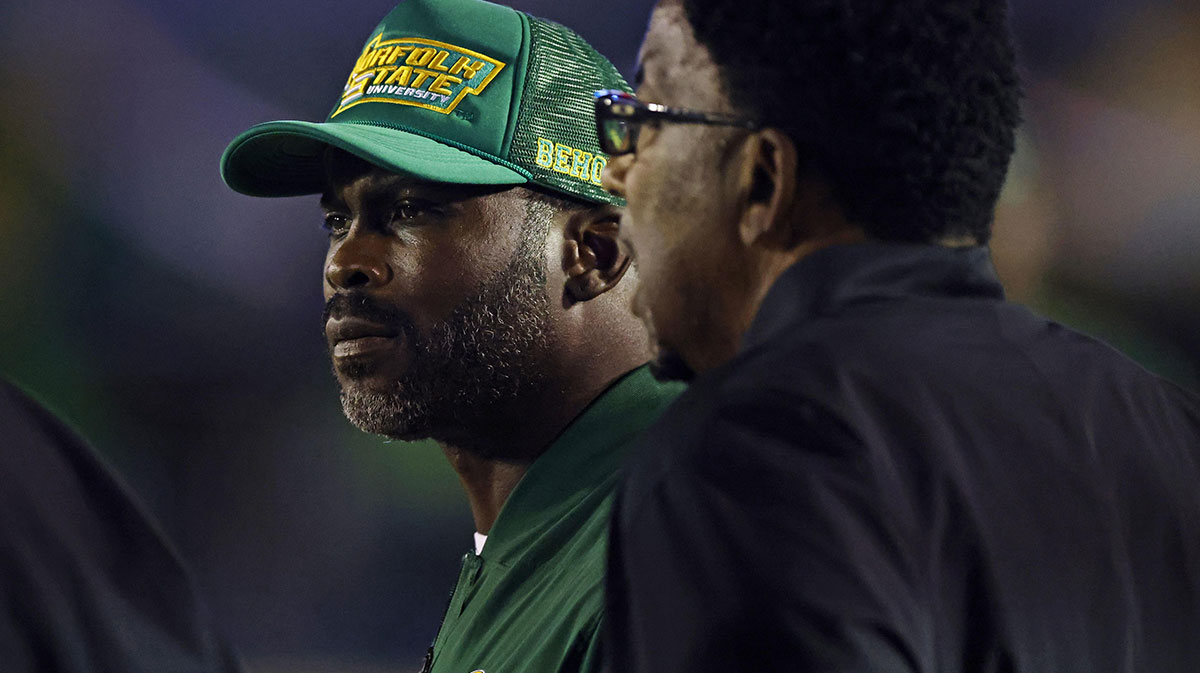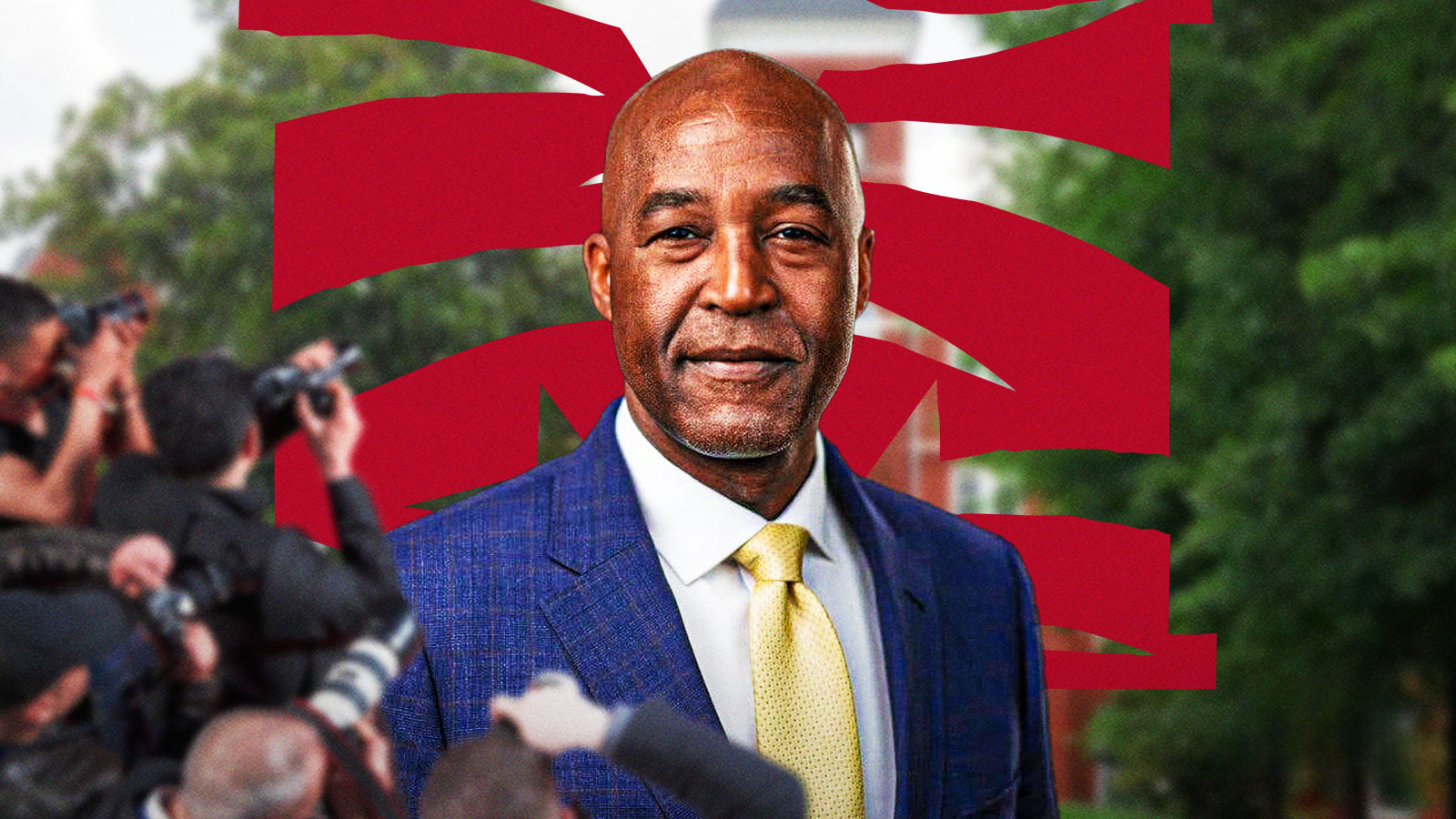A recent state audit has put Texas Southern University under intense scrutiny, alleging widespread mismanagement of funds and raising questions about the school’s financial oversight. The findings have sparked growing concern among alumni, lawmakers, and higher education leaders about the future of Texas Southern’s independence as one of the nation’s largest HBCUs. As calls for accountability intensify, the audit’s revelations have reignited long-standing debates about governance, transparency, and the challenges HBCUs face in maintaining autonomy while ensuring fiscal responsibility.
Texas Southern is the only independent public university outside of any Texas university system. The university’s independence has been something alumni have been advocating for for years. But the way things are going, that may not last.
“I just think it’s not going to last,” said Edieth Wu, a law professor at TSU's Thurgood Marshall School of Law. “You can’t deny that being under a system is on the table. You’d have to be an ostrich.”
The audit, which has yet to be completed, shared some interesting finds with members of the Legislative Audit Committee. According to the audit, staffing shortages led to “significant financial and operational weaknesses related to asset management, procurement and contracting, and financial reporting—including that $440 million in invoices were improperly documented.”
Texas state lawmakers are now involved in the matter. Senator Boris Miles and Representative Harold Dutton stated that they learned that the audit covers the last few years of the university’s financial record and that the audit was routine. Lt. Governor Dan Patrick requested that the Texas Rangers criminally investigate the university’s financial records. Governor Greg Abbott followed suit by ordering the investigation.
Patrick took to his social media to express his concerns. In the post he highlighted the university’s high administrative turnover rate, previous financial issues, and low graduation rates, which he said was proof that Texas Southern has not been accountable when it comes to taxpayers.
“We're not sure where all this is leading,” said Dutton. “I just wish the folks who have taken this to jump on TSU had been part of the process to help TSU be the best university in the state of Texas.”
Texas Southern has yet to comment on the matter. According to Texas Southern University President James W. Crawford III, the university has yet to receive the interim report. Prior to the audit, the university ran its own internal assessment to take corrective measures. Among those changes included “a new procurement system, enforcement of compliance with existing policies and procedures, updates to training requirements for employees involved in procurement, and reviews of contract execution.”
“We respect and welcome the assistance of the state's oversight bodies and remain committed—alongside our Board of Regents—to good judgment, accountability, and transparency as we continue to strengthen our systems, processes, practices, and behaviors,” Crawford said in a statement on Wednesday.
During the interim update, State Auditor Lisa Collier said that the financial issues Texas Southern faced were due to a number of reasons, including “a lack of annual physical inventories and an incomplete, outdated, and inconsistently maintained system for tracking assets.”
According to a report by the Houston Chronicle, the audit found 743 invoices totaling approximately $282.2 million for vendors whose contracts were listed as expired and 8,144 invoices worth $158 million with invoice dates that were listed earlier than their requisition. Other findings included invalid contracts and past due financial statements. Texas Southern Board of Regents chair James Benham said that during his five-year tenure on the board, the governor’s office never discussed the university’s independence with him.
“I can’t speak to their motivations,” Benham said of Texas' three highest-ranking lawmakers. “The board is committed to leading Texas Southern University in its current state. And unless we get a directive to do something otherwise, we are going to continue to lead and hold this university accountable and provide the vision and guidance that it needs to move to its 100th anniversary and beyond.”
Texas Southern was founded in 1927 as a junior college, and many supporters say that the university’s independence is directly linked to its founding as a segregated school during the 1920s. The university later became a four-year private school in 1934. In 1947 Texas Southern became the first state-supported institution; since then they have been fighting to maintain their independence.
“Public HBCUs have historically operated under intense scrutiny while at the same time working with fewer resources and a less-than-stable infrastructure than their predominantly white counterparts due to systemic racism throughout history,” said Marybeth Gasman, a Rutgers University distinguished professor who studies HBCUs. “I do think that states sometimes use allegations to justify shifts in control or political interference. TSU’s independence has always been a point of pride, but it also leaves them vulnerable.”




















